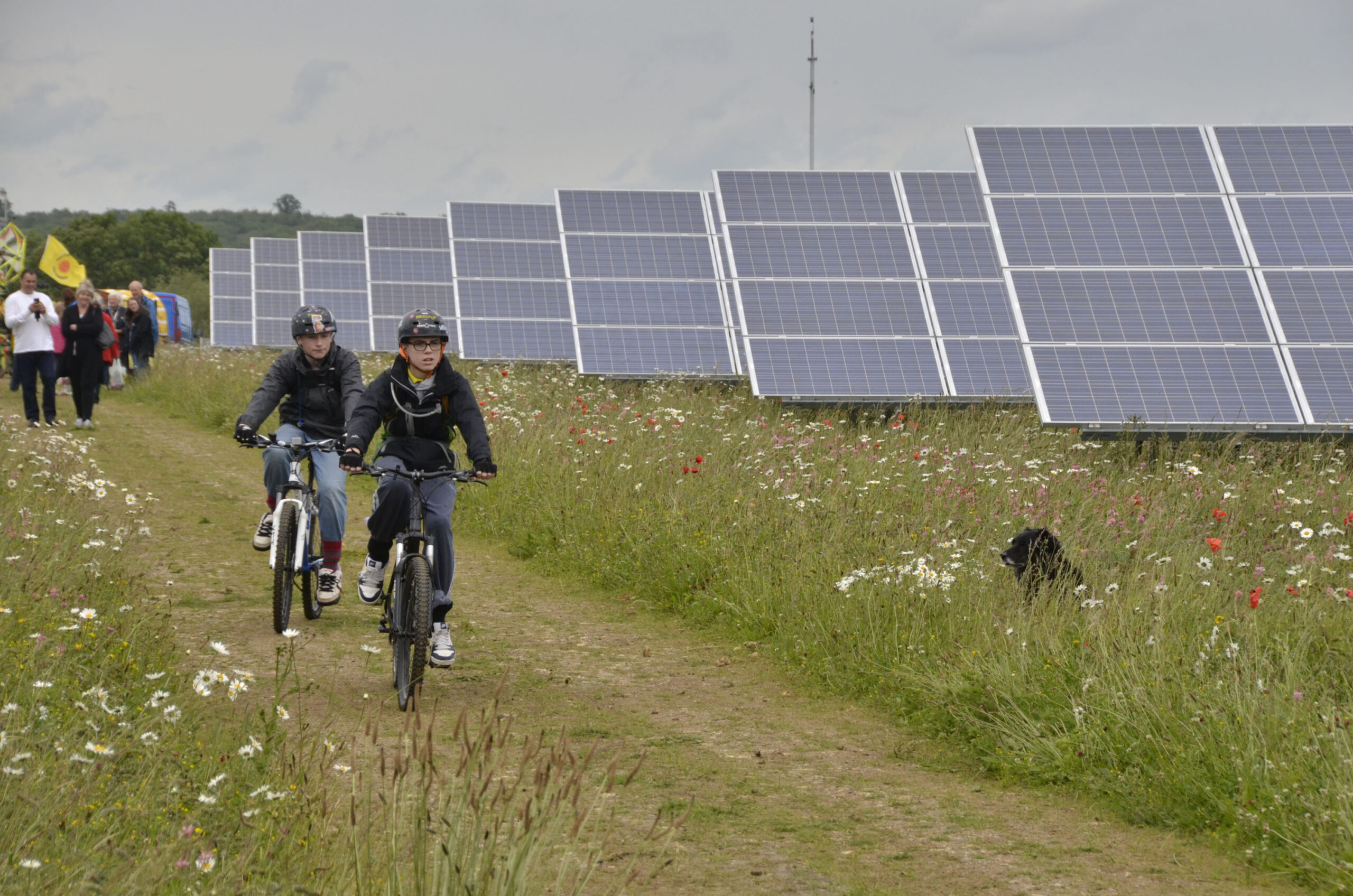Regenerating Britain’s ‘left behind’ towns of the north and midlands has long been on the minds of MPs and both parties have proposals they say can help rejuvenate decay economies. Whether it’s Boris Johnson’s ‘levelling up’ investment money, Labour’s investment packages, regional investment banks or more municipal strategies such as Community Wealth Building, it is clear politicians now see these communities are areas to spend political capital on.
While lots of political focus is on Northern communities one could argue coastal communities are just as in need of an economic change. Cornwall and West Wales are 2 of the most deprived areas in Western Europe but overall coastal communities are not faring well in the increasingly globalised world.
According to a report by the Social Market Foundation, there is a dramatic gap in earnings between coastal and inland regions. The average employee annual pay in coastal communities was about £4,700 lower than in the rest of Great Britain in 2018. This is due to long term decline but also due to the fact these communities have seen hugely stagnant growth post following 2010. Britain’s coastal economy grew by 7.5% between 2010 and 2017, the rest of the country’s economy grew more than twice as fast, by 17.1%; which has meant the percent of total British economic output GVA provided by coastal communities has fallen from just under 20% in 2009 to just under 18.5% in 2017.
The COVID 19 crisis will make successful economic growth harder in these areas, especially those heavily reliant on tourism. Last week Visit Britain estimated that Covid-19 would cost the tourism industry around £15bn in 2020, with 22 million fewer visitors to the UK.
Research by the Royal Society of Arts and Manufacturing also found that there would be “stark geographical divide in terms of how Covid-19 could impact local labour markets with rural areas and coastal towns most at risk of high job losses.” Longer-term behavioural changes surrounding flying may benefit Britain’s coasts but they have had a difficult time recently and have another hard year ahead.
There are efforts that can be made to reverse this trend and the fact the significant decoupling of growth of the rest of the nation and the coast suggests that increased statist investment could go some of the way to reverse this trend. However, the government will have to work hard to reverse both significant drop in council funding over the last 10 years and fill the black hole left by a loss of £13 billion in EU funding that UK regions post Brexit.
Transport and education are two key bread and butter issues that need investment to get growth going back in the right direction. Coastal Communities suffer from a severe skills shortage, partly due to the nature of work available. Citizens lack access to better education but also large centres of employment. This leaves the community cut off from better jobs and flows of money into the community. To improve this money must be spent on public transport to allow greater connectivity. A report by the House of Lords recommends “the Government funds relevant local authorities to provide full public transport costs for post16 students in coastal communities” to help close the skills gap.
Other investment can also help build sustainable growth in these communities and tourism has often been seen as a way to bring in money into the local economy. Deprived coastal regions have made various attempts at this such as Boscombe building a surf reef or more basic sea front renovations by councils across the nation such as the beach enlargement at Colwyn Bay.
The government could seek to encourage these with a variety of economic policies that could help draw money towards the coasts; the SMF have proposed ideas on “economic growth areas” that would give tax incentives to businesses firms in higher-paying sectors to relocate or start a business in an area where there is poor industry mix and where the economy is dominated by low paying work. Coastal communities like Blackpool could be ideal trial areas.
Other alternatives include enterprise zones that would give tax breaks to companies completing infrastructure improvements in coastal communities and while these two policies can provide opportunities for tax avoidance they could be the spark needed by the local economies.
All investment and improvements must also bear in the mind the unique environmental challenges that come with perching next to the sea. However, in key sectors, a switch to a more environmentally conscience economy should drastically benefit coastal communities. For the fishing industry, for example, NEF analysis shows that restoring UK fish stocks to healthy levels and promoting lower carbon emissions through quota allocation across the main UK fishing fleets would mean an extra 457,000 tonnes of fish landed each year. This would lead to an additional £268 million GVA (Gross Value Added) and a 4,922 new jobs, a 24% increase in employment in the sector.
Economic development can also be improved by integrating coastal communities into wider government strategies for climate change. Offshore wind and tidal power can be key plank in the UK’s efforts to go carbon neutral by having them replace fossil fuels for energy production. Over half of our energy needs are met by energy that comes from UK seas and the potential for offshore and marine renewable energy in the UK is more than six times our national current annual electricity demand.
The Welsh Government funded the Swansea Bay Tidal Lagoon, but Westminster failed to live up to their side of the arrangement, which was expected to amount to approximately £76 million per year to the Welsh GVA. Other sites in Wales such as Pembrokeshire are being looked at by other companies and tidal energy opportunities should be grasped with both hands due to their dual environmental and economic benefits for the country and deprived communities they can improve.
Increased government action is one method but some local councils have instead composed their own strategies to decreased deprivation by creating economic plans that are designed to keep money within their communities, boosting spending. In 2019, Hartlepool council began working with the CLES to implement Community Wealth Building that has been so effectively implemented in Preston by their Labour council. The model works by identifying ‘anchor institutions’ – such as schools and hospitals which lots of money flow through – and getting these institutions to change their suppliers to local co-operatives and small businesses. This keeps money within the local economy and boosts spending.
Using the model, the northern town has become the “most improved city in the UK” and shown dramatic growth. It is estimated that the Preston model has added £200 million to the city’s economy while significantly reducing unemployment. Hartlepool hopes to replicate these effects.
One example of co-operatives aiding this, that could be especially relevant and useful for areas where tourism plays an important role is the Fair BnB. It’s a cooperative alternative to AirBnB, that invests half of its commission fees to local community projects chosen democratically by the members. Setting up a local Fair BnB or joining your local branch is an excellent way to improve the local community.
Whether it’s by local strategies or central government investment the deprivation in coastal communities needs a clear and effective strategy to solve. Our coasts needed to be added into the debate about how we can improve Britain’s left-behind communities.
We are free online media cooperative owned democratically by the readers and the writers. Join us now and become a founding member. As a member you can vote for your favourite articles and we will distribute our funds accordingly.





